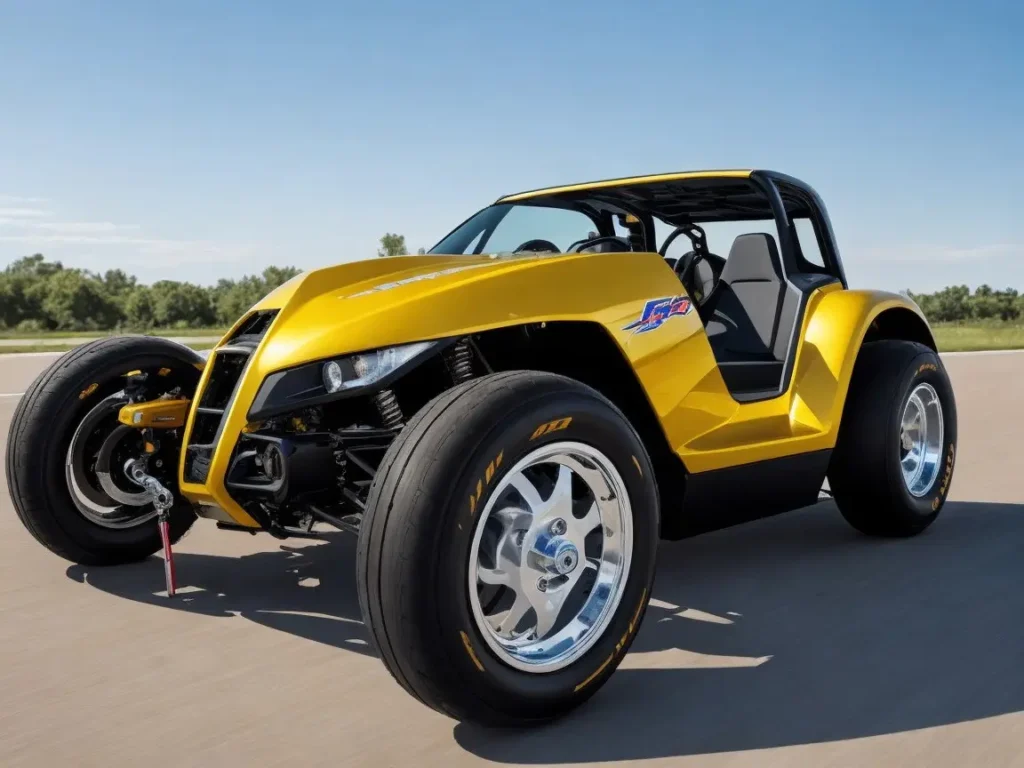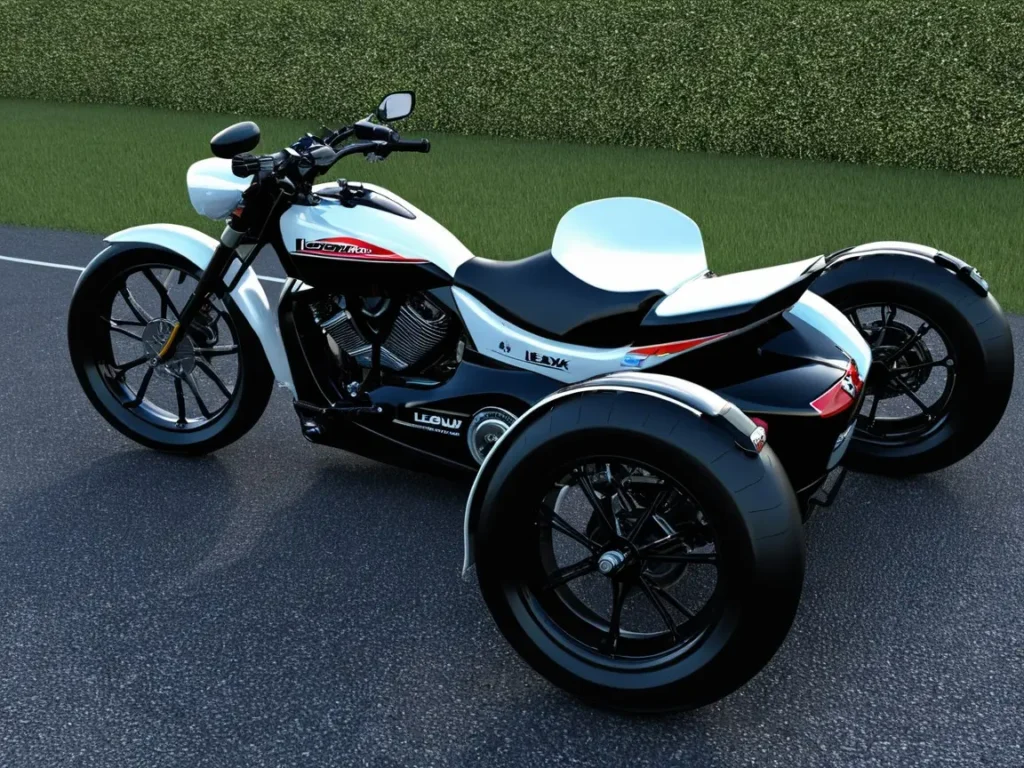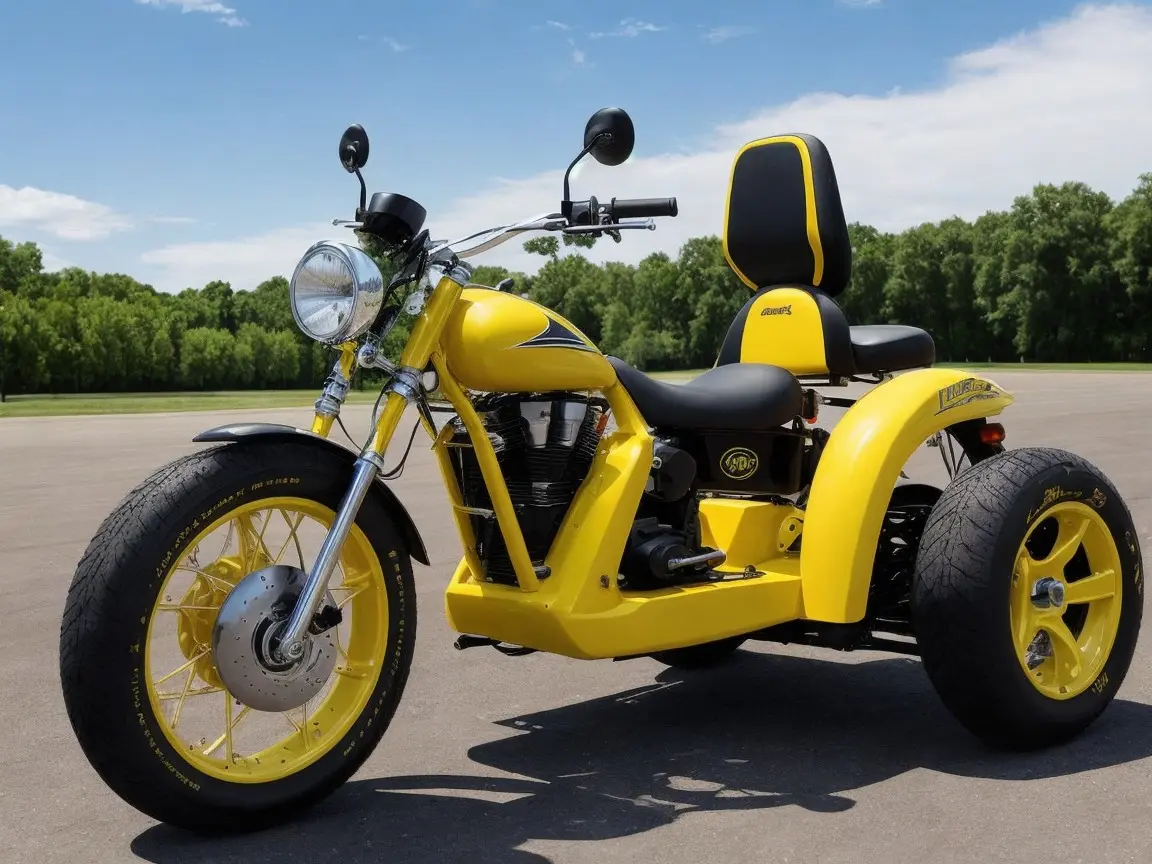Leaux Racing Trikes Net Worth 2025: The Complete Story
The Journey Begins
Tyler Hadzicki brought his unique invention to Shark Tank in Season 7. His creation started as a simple science fair project in sixth grade. The young entrepreneur transformed his school project into an exciting business venture. Leaux Racing Trikes combined the thrill of racing with the stability of a traditional tricycle. Each unit sold for $350 and cost $180 to manufacture. The company showed early promise with over 100 sales through Kickstarter. In this article, you will know about Leaux Racing Trikes Net Worth.
Shark Tank Appearance and Valuation
The Shark Tank pitch captured everyone’s attention. Tyler asked for $120,000 in exchange for 20% equity. This valued his company at $600,000. He demonstrated his product with style. Robert Herjavec, Mark Cuban, and Kevin O’Leary all took test rides. The Sharks enjoyed the product but had concerns. They worried about manufacturing scalability. The personal testing of each unit raised red flags. Unfortunately, Tyler left without a deal.
Business Performance and Challenges
After Shark Tank, the company faced several hurdles. Manufacturing remained a major challenge. The personal testing requirement limited production capacity. Distribution channels needed expansion. Marketing costs increased. These factors affected the company’s growth potential. Despite initial enthusiasm, sales remained limited. The business struggled to find its market foothold.
Leaux Racing Trikes Net Worth
By 2016, Leaux Racing Trikes ceased operations. The website went offline. Product sales stopped completely. The current net worth stands at zero. The company’s assets no longer hold value. This outcome reflects the challenges of scaling a unique product business. The initial valuation of $600,000 couldn’t be maintained. Market realities proved too challenging.

Impact on the Industry
Leaux Racing Trikes left its mark on the adventure sports industry. The design showed innovation was possible in traditional products. Other manufacturers learned from their experience. The company proved young entrepreneurs could create exciting products. Their story continues to inspire new inventors. The business model provided valuable lessons about scalability.
Key Business Metrics
| Business Aspect | Details |
| Initial Investment | $120,000 sought |
| Equity Offered | 20% |
| Peak Valuation | $600,000 |
| Retail Price | $350 |
| Manufacturing Cost | $180 |
| Profit Margin | 48% |
| Years Active | 2014-2016 |
| Total Sales | ~200-300 units |
| Current Net Worth | $0 |
Critical Success Factors and Challenges
Success Elements
✓ Innovative design
✓ Strong initial interest
✓ Quality construction
✓ Positive customer feedback
Major Challenges
✗ Limited scalability
✗ Manufacturing bottlenecks
✗ Small market size
✗ High production costs
Market Impact Summary
• Introduced new design concepts
• Advanced safety standards
• Influenced youth product development
• Demonstrated innovation potential
• Set new manufacturing benchmarks

Manufacturing and Quality Control
Quality stood at the forefront of operations. Tyler personally tested each trike. This ensured safety and performance. The assembly process required careful attention. Materials met high standards. However, this detailed approach limited production capacity. The business model proved difficult to scale. Large-scale manufacturing remained a dream.
Market Response and Customer Feedback
Early customers loved the product. The riding experience proved unique and exciting. Safety features received positive reviews. The price point seemed reasonable for the quality. Young riders especially enjoyed the drift capabilities. Word-of-mouth marketing showed promise. However, the market remained too small for sustainability.
Lessons for Future Entrepreneurs
The Leaux Racing Trikes story offers valuable insights. Innovation alone cannot guarantee success. Manufacturing efficiency matters greatly. Market size affects business viability. Personal quality control limits growth. Pricing strategy must balance profit and sales. Investment in scalability proves crucial. These lessons help guide new business ventures.

Social Media Links
| Click Here | |
| Click Here |
Frequently Asked Questions
What happened to Leaux Racing Trikes after Shark Tank?
The company operated until 2016 before closing its doors. Manufacturing challenges and limited market reach led to its closure.
What was the final selling price?
Each trike sold for $350 retail. The manufacturing cost was $180 per unit.
Why didn’t the Sharks invest?
They worried about scalability issues and the limited market potential. The personal testing requirement also concerned them.
Did Leaux Racing Trikes get a patent?
Yes, the company secured patents for its unique drift mechanism and design features.
Were replacement parts available?
During operations, the company offered basic replacement parts through their website.
What was the warranty period?
Products came with a standard 90-day warranty against manufacturing defects.
Could the trikes be customized?
Basic color options were available, but extensive customization wasn’t offered.
Conclusion
Leaux Racing Trikes represented young entrepreneurial spirit. The company showed innovation in action. Their journey taught valuable business lessons. The story continues inspiring new inventors. While the business closed, its impact remains. Future entrepreneurs learn from both successes and challenges. The adventure sports industry gained new perspectives on design and innovation.
The story of Leaux Racing Trikes reminds us that business success requires more than just a great product. It needs efficient production, strong market demand, and scalable operations. While the company’s net worth now stands at zero, its legacy lives on through the lessons it taught the business community.



Hi, this is a comment.
To get started with moderating, editing, and deleting comments, please visit the Comments screen in the dashboard.
Commenter avatars come from Gravatar.